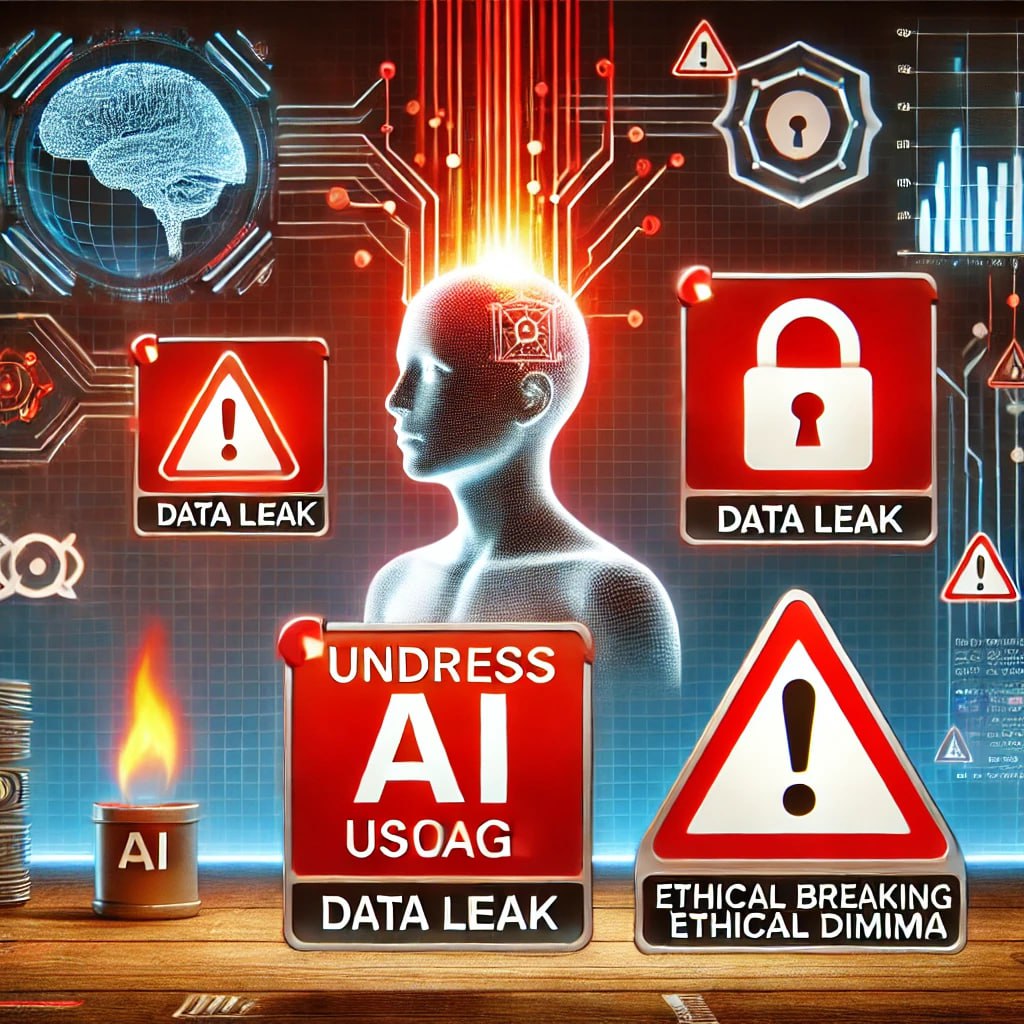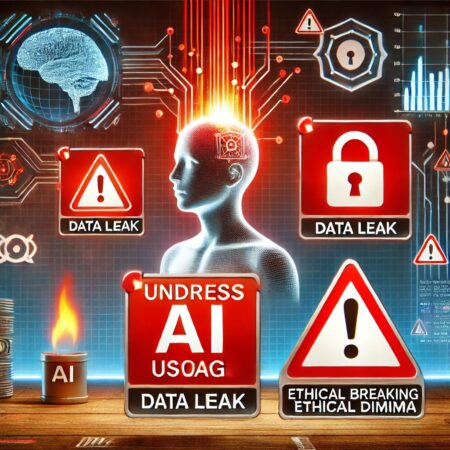Is Undress AI Legal and What Are the Risks?
The Legality of Undress AI: A Grey Zone
Undress AI operates in a murky legal space. While some countries have enacted laws specifically targeting deepfake content, many are still catching up…
What Laws Might Be Violated?
- Right to Privacy – Creating intimate images of someone without permission is a violation of personal rights.
- Defamation – Sharing or threatening to share deepfake nudes could damage a person’s reputation.
- Revenge Porn Legislation – Publishing or possessing such content may be illegal under laws protecting against non-consensual sexual imagery.
Regional Differences in Legal Standing
- USA: Some states criminalize sexual deepfakes.
- EU: GDPR may apply, classifying AI nudes as illegal data processing.
- UK, Australia, Canada: Non-consensual imagery laws may apply even to AI content.
Is Using Undress AI Always Illegal?
- Depends on country and context
- Using your own photo is different from using someone else’s
- Even generating without sharing may be punishable
Ethical Considerations Beyond the Law
- No consent – It violates autonomy
- Destroys trust – Especially in personal relationships
- Power abuse – Used to manipulate or intimidate
What Are the Real Risks of Using Undress AI?
1. Legal Action
You could face fines, lawsuits, or jail.
2. Scams and Financial Risk
Many tools are scams that steal payment data or personal info.
3. Data Leaks
Images may be stored, leaked, or reused without your knowledge.
4. Reputational Damage
Your usage could become public—leading to personal or professional fallout.
Conclusion: Legal, Ethical, or Just Dangerous?
Undress AI thrives in legal gray zones—but the risks are real and growing. Laws are catching up. Think before you click.



